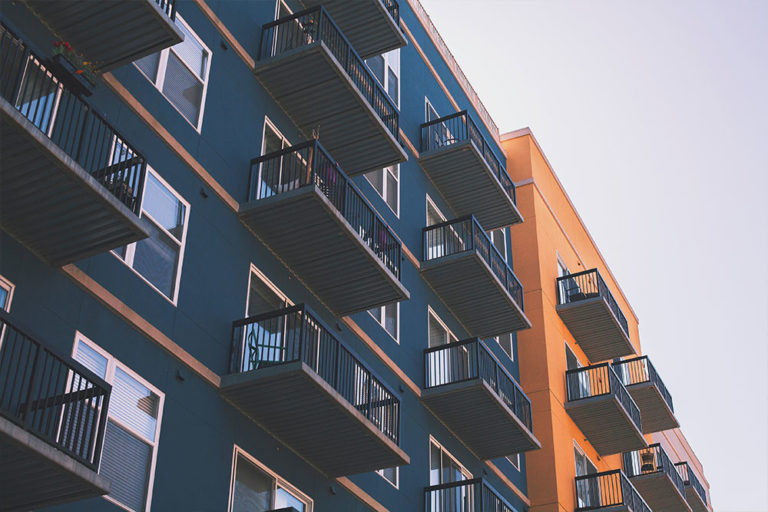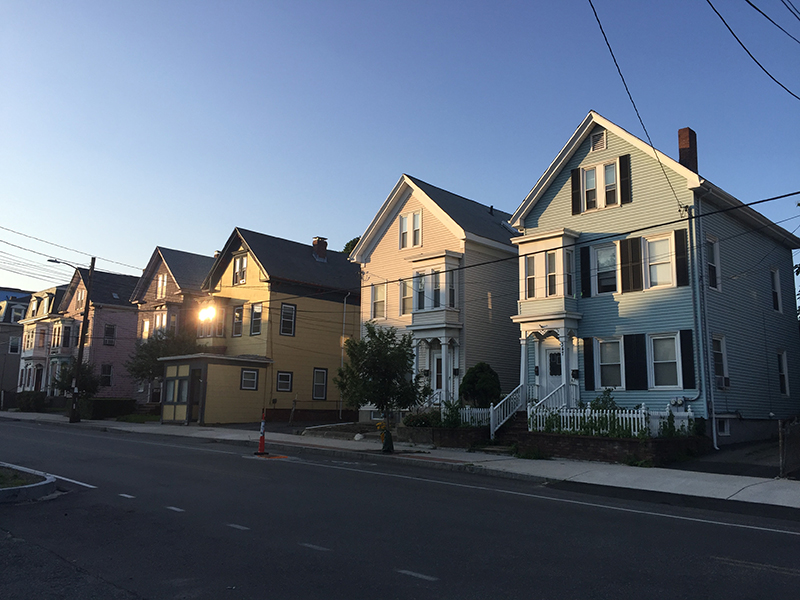
2020 was a challenging year for housing affordability in America. The economic fallout from the COVID-19 pandemic decimated the livelihoods of millions of Americans — many of them renters — overnight. Prolonged unemployment ate away at whatever savings they may have had in a matter of months, with a brief reprieve from the CARES Act delaying further financial harm. Construction of new housing decreased in the first three months of the pandemic — worsening an already severe shortage of homes.
At the tail end of 2020, Congress delivered a second round of relief in the form of a $900 billion COVID stimulus package. The bipartisan deal featured $25 billion in desperately-needed rental assistance, expanded unemployment insurance and $600 stimulus checks for individuals earning up to $75,000. While this progress is encouraging, it remains only a down payment on what will be needed to stabilize America’s housing market in the future and overcome the estimated $34 billion in remaining back rent owed.
Safe to say, housing affordability will surely remain a significant challenge in the new year. While we have seen positive developments such as Amazon committing $2 billion to create and preserve affordable housing in Seattle, Arlington and Nashville, and Turner Impact Capital raising $1.25 billion to invest in housing affordability throughout the U.S., we’ve also seen troubling policies like rent control arise yet again.
Already, proponents have mobilized in New Jersey, Maryland and Washington State to either get rent control on the ballot or on the docket in 2021. Deploying the same playbook as years past, proponents of rent control will make an already bad situation worse if successful.
It’s well understood that rent control does not work — like any form of price controls — because housing is not a limitless resource. Apartment communities must be constructed, maintained and managed. That cannot be done for free, nor can it be done at a discount. Forcing property owners to provide housing at an artificially low rate will only work to degrade the quality of existing housing and discourage the construction of new housing altogether.
Advocates for rent control fail to see that our current housing affordability crisis has been perpetuated by a severe shortage of homes where Americans want to live. In coastal cities like San Francisco and New York, the problem has only been made worse by excessive permitting and development fees that increase the cost of construction.
The best way to keep housing affordable is by reducing barriers throughout the housing pipeline so that supply can meet demand where it’s greatest. It will also be vital to deploy smart subsides and targeted rental assistance that helps residents pay rent so that property owners can keep apartment communities whole in these trying times. Any solution that does not take that into account is bound to fail. In 2021, we would all be better served to build on what works and dismiss failed policies like rent control.




